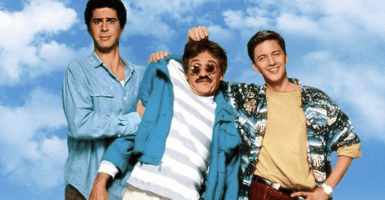How A Soap Opera Helped Defeat Communism
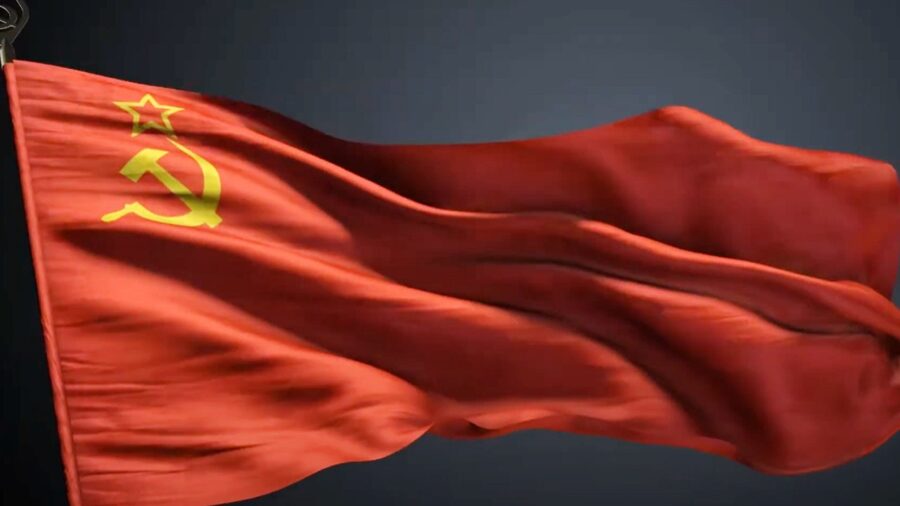
During the Cold War, many forms of Western media and entertainment were considered contraband by Soviet puppet dictatorships. And while the policies that prevented American culture from permeating the Romanian people during the 1980s towed that line, Romanian dictator Nicolae Ceausescu allowed the popular soap opera Dallas to be shown in his country. Little did he know it at the time, but it’s theorized that the airing of the show helped to give the oppressed and impoverished Romanian people the boost they needed to rally against one of the most brutal dictatorships of the time.
Dallas Was The Biggest Show Of The 80s
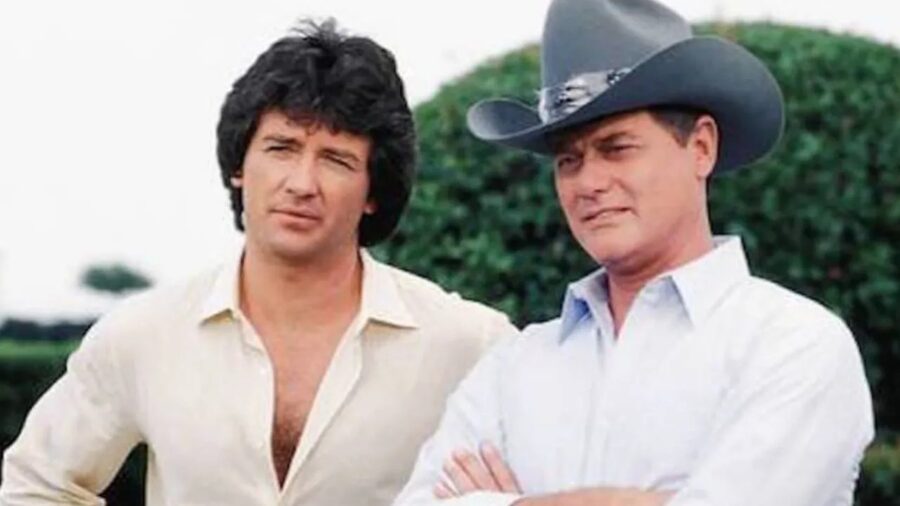
Dallas showed Americans in the same light as many other soap operas of its time, with central characters living a lavish lifestyle unrealistic to most people. The show follows the exploits of the Ewing family, who controlled a big hunk of the oil industry. Those living behind the Iron Curtain at the height of the Cold War could hardly imagine the excessive tastes and behaviors of the characters, a point that Ceausescu attempted to exploit.
A Dictactor’s Plan Backfired
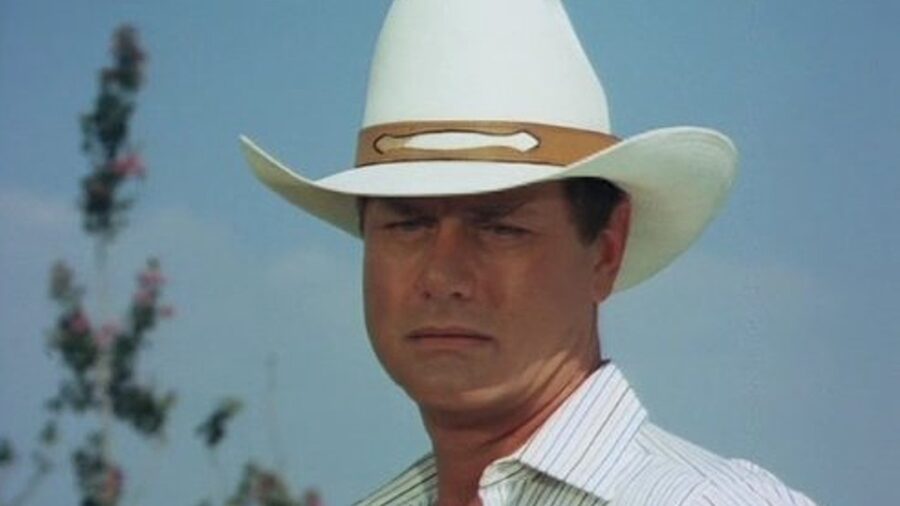
Ceausescu believed that airing the popular American primetime soap opera would show his countrymen the excesses of capitalism, helping to keep the Romanian people united against the West. But many Romanians who viewed Dallas saw the fictionalized account of ultra-wealthy Texans as a peak into a life that they were missing out on in the throes of the Cold War. Instead of unifying the Romanian people against capitalism, Ceausescu’s move to allow Dallas to be shown in his country only succeeded in uniting his subjects against him.
The Romanian Revolution
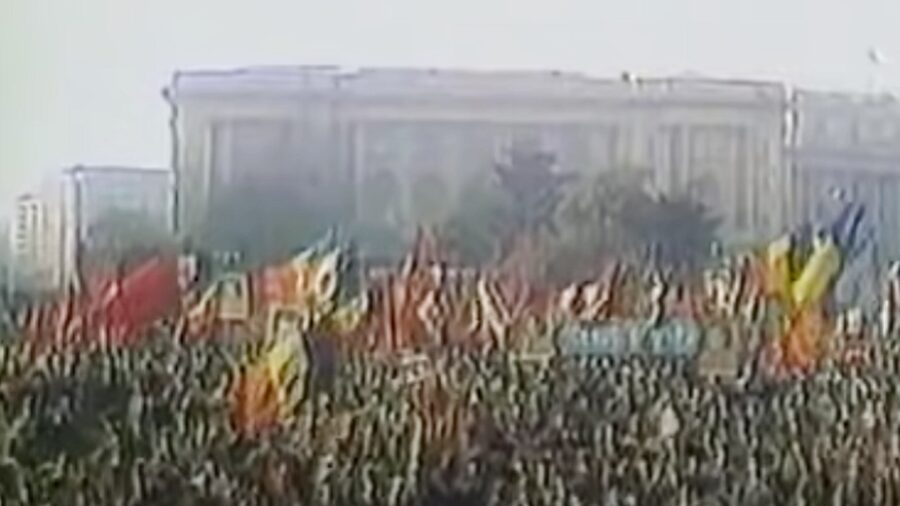
The growing animosity against the Ceausescu regime hit a fever pitch in December 1989, when the ruler was speaking at a rally in front of a large crowd. Tired of living in poverty (a feeling amplified by their desire to have the materialism shown on Dallas) and still reeling from a military attack on anti-Ceausescu protestors days before, the crowd began to boo and jeer their leader. Before that day was over, riots broke out in all major cities in Romania, signaling the beginning of the end of the Cold War.
An Ending Fitting Of A Soap Opera
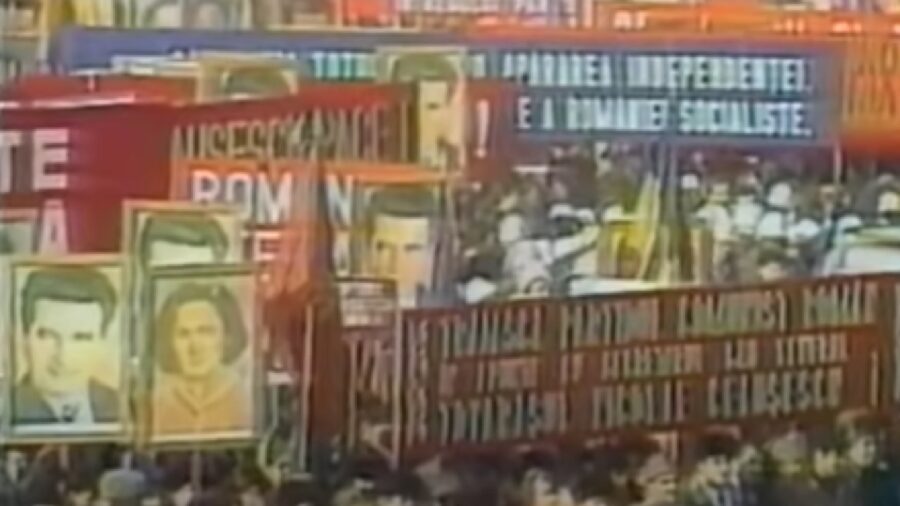
The next day, Ceausescu and his wife fled Bucharest in a helicopter but were forced to land near the city of Targoviste after receiving threats from the military that he once controlled. On Christmas Day, Ceausescu and his wife were tried in court, found guilty of genocide and the hoarding of wealth, and taken out back, where a firing squad executed them. What went through their heads at the moment before the soldiers began firing is uncertain, but it’s doubtful that even the most prolific Dallas screenwriter could have penned the beginning of the end of the Cold War in a better fashion.
The Dallas Effect Went Worldwide
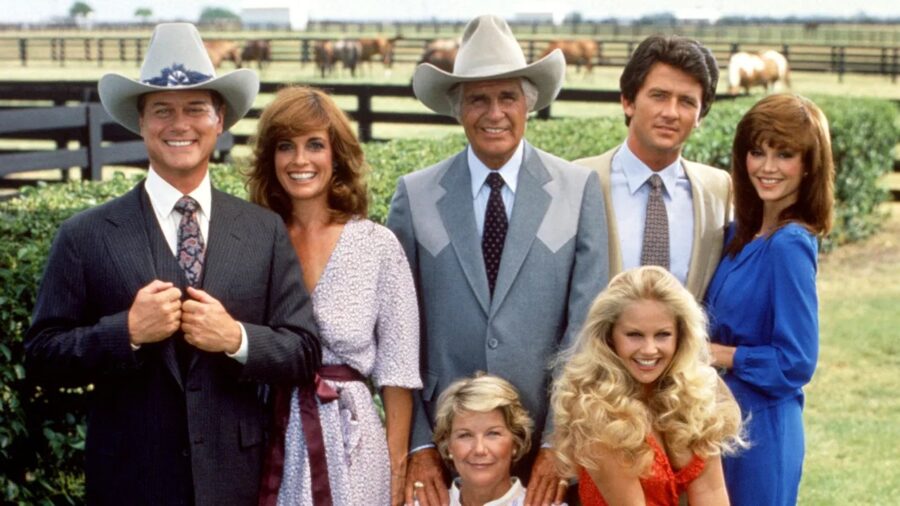
But Dallas’s impact on the end of the Cold War was not limited to Romania. The Soviet bloc nation of Estonia had quite the fan base as well, with many of its citizens traveling to the Finnish-Estonian border to obtain bootleg copies of the soap opera. Estonia, along with the Baltic nations of Lithuania and Latvia, succeeded in independence from Russia in 1990 and 1991.
Dallas had its entire run during the Cold War. The show debuted in 1978 and aired for 14 seasons before its finale in 1991. Among its stars were Larry Hagman, Victoria Principal, and Patrick Duffy.











